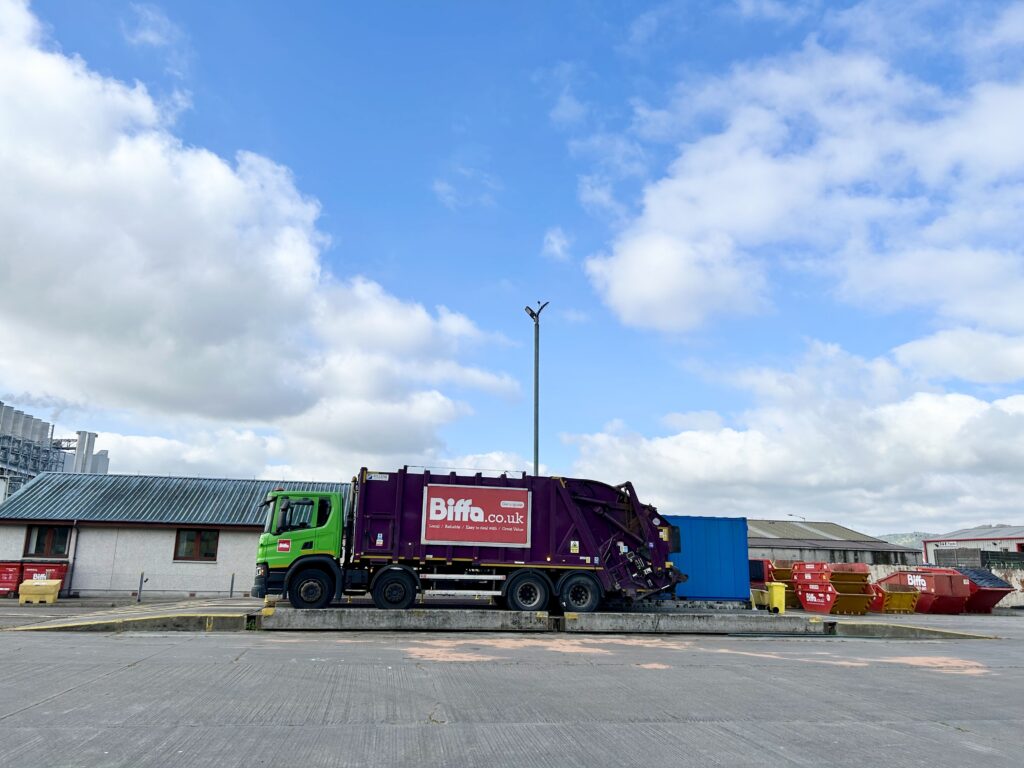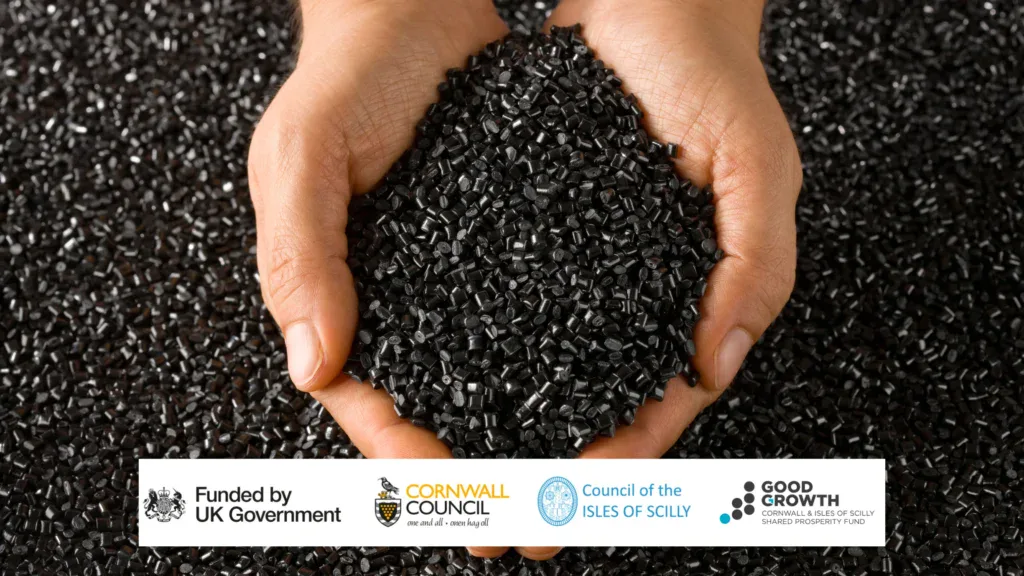Consulting on new regulations resulting from the Waste Electrical and Electronic Equipment (WEEE) Directive, the government proposed that producers’ financial responsibility should be based on sales revenue.
But, Electrolux is one of a number of stakeholders who feel that a fairer system would be to calculate responsibility using market share on the weight or number of units sold.
Tom Wells of Electrolux told letsrecycle.com: “Market share based on revenue would be counter-productive and would penalise premium brands, when it is the premium brands that tend to have a much higher environmental performance.”
“A revenue-based market share would tend to reduce the amount of money these companies have to spend on R & D and improving eco-design of their products.”
He said Electrolux supports an approach that would base market share on the weight or volume of goods sold, either calculated directly or using the number of units and carefully defined protocols.
Electrolux's views on a weight-based market share are shared by the trade association Intellect, which represents the high value IT and communications sector. The association said: “As producers will be paying for recycling according to weight of WEEE (and not what it cost), and recycling targets are based on weight, then it is only logical and practical to calculate 'market share' by weight.”
ICER
The Industry Council for Electronic Equipment Recycling (ICER) said that some electrical goods manufacturers support the unit-based or weight-based approach but others support the government's revenue-based approach.
ICER said in its response to the consultation: “Some producers and retailers … feel that revenue is the best way to determine market share. The main reason is because it is a good reflection of a company's ability to pay.”
For both unit- and weight-based options, ICER argued there is a set of producers that would be penalised. For a weight based scheme, manufacturers of large equipment with a small electrical component, such as storage heaters, would have a disproportionate liability but producers of large numbers of very small products, such as electric toothbrushes, would be disadvantaged under a unit based scheme.
There could be different approaches to market share for different electrical equipment sectors, as long as there is consistency within any one sector, ICER suggested.
Other issues as to exactly how and who – compliance schemes or the national clearing house – should calculate producers' market shares also need clarification from the government, ICER.








Subscribe for free